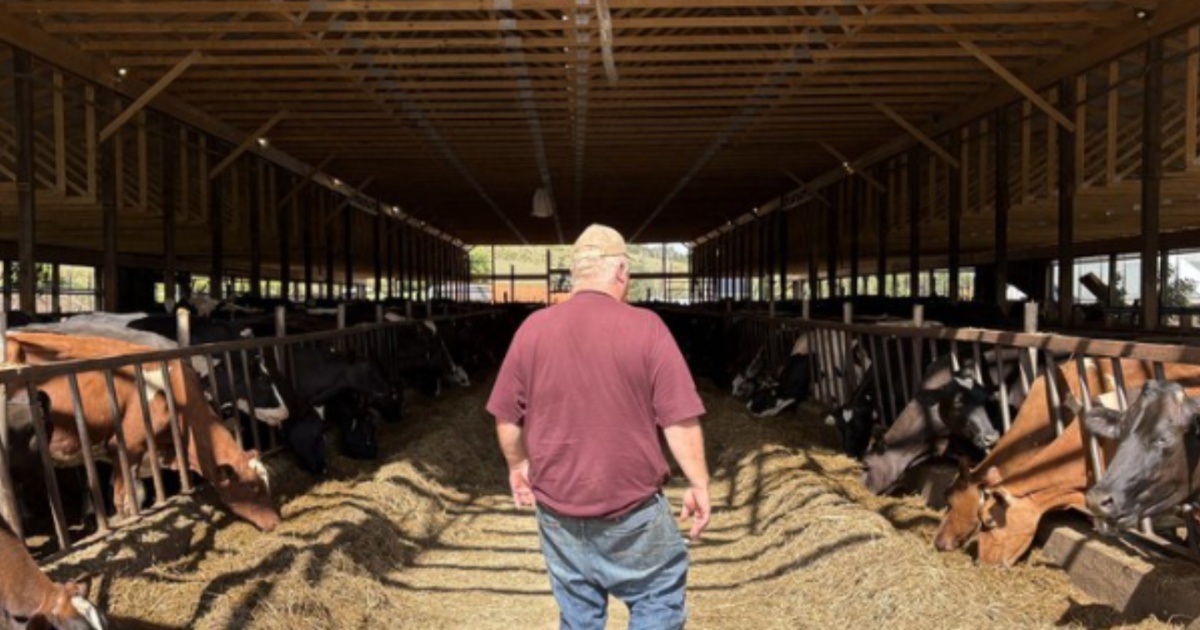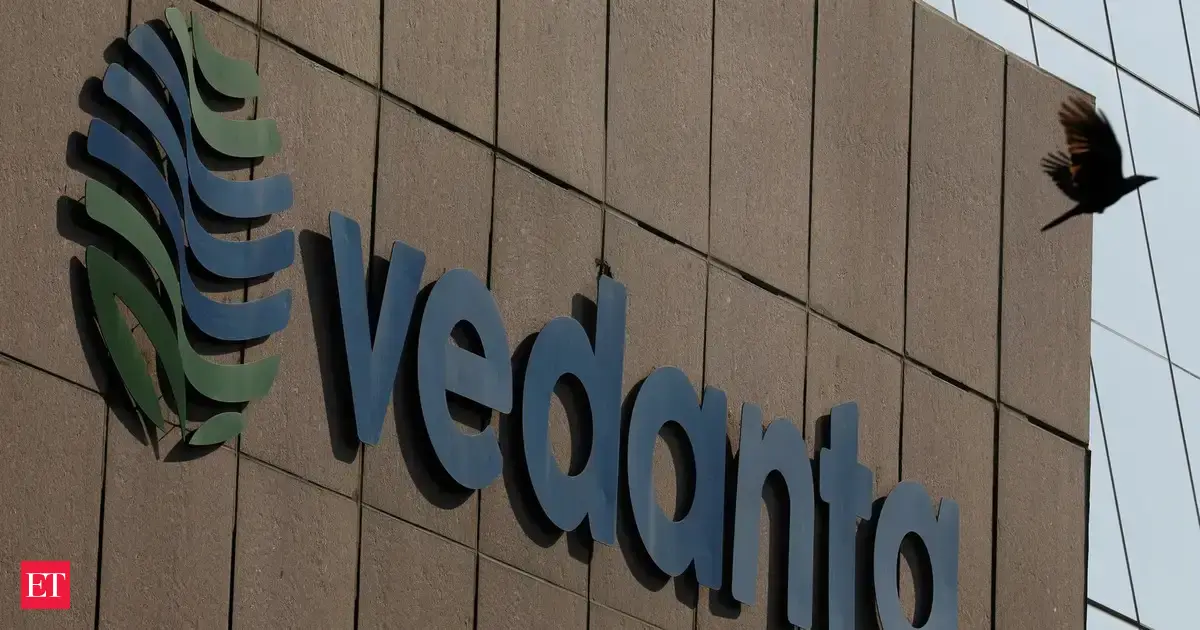By Frank Yemi,Politico/x
Copyright inquisitr

He voted for Donald Trump three times, but now Pennsylvania dairyman John Painter says the dream has curdled. “The whole thing is screwed up. We need people to do the jobs Americans are too spoiled to do,” the organic milk producer from Westfield said, describing a season of sleepless nights, empty milking stalls, and help-wanted signs that never get answered. His frustration mirrors a broader farm-country revolt as the labor crunch worsens under stepped-up immigration enforcement.
Across northern Pennsylvania, producers say they are selling off cattle and letting crops go unpicked because crews have vanished. Dairy farmer Tim Wood, who sits on the Pennsylvania Farm Bureau board, put it bluntly, “If we don’t get more labor, our cows don’t get milked and our crops don’t get picked.”
“The whole thing is screwed up,” said John Painter, a three-time Trump voter who runs an organic dairy farm in Westfield. “We need people to do the jobs Americans are too spoiled to do.”
Important story by @sambbenson https://t.co/Yd4xITII7I
— Sally Goldenberg (@SallyGold) September 15, 2025
The numbers tell the same story. Agricultural employment fell about 6.5 percent from March to July, a sharp swing from the small gains seen in the same span the prior two years. At the same time, estimates suggest the immigrant share of the labor force dropped by more than 750,000 workers between January and June 2025, a sudden contraction that is rippling through farm towns.
On the ground, farmers connect those losses to on-farm enforcement that has spooked entire crews. Reports detailed actions that left fields idle and produce rotting, with some operations reporting 70 percent of workers no-showing after raids. “We don’t have enough workforce in the United States to do the manual work,” one advocate warned, predicting higher prices and shuttered farms if nothing changes.
Caught in the squeeze, House Agriculture Committee Chair Glenn “G.T.” Thompson, the Republican whose sprawling district includes many of the struggling dairies, says he will introduce legislation to stabilize the workforce. Thompson is drafting a bill to reform the H-2A visa pipeline so farms have a continuity of workers. He has also argued that without a reliable workforce, food security and national security are at risk.
Policy hawks and farm groups want Congress to go further by finally letting year-round operations like dairies use guest workers legally. Right now, H-2A is largely limited to temporary or seasonal jobs, which excludes dairy. A recent proposal would create a capped tranche of year-round H-2A visas, with a significant share initially reserved for dairy, and offer status to long-time agricultural workers so they can stay on the job without constant fear.
The White House insists it hears the alarm bells. Agriculture Secretary Brooke Rollins said President Trump is looking at every available tool to address farm labor, while acknowledging that real fixes require Congress. The administration has floated ideas like a touchback process or tweaks to the H-2A program, though immigration hardliners are pushing back and vowing no amnesty. For farmers, that inside-the-Beltway tug of war does not milk a single cow.
So Painter waits. The cows still need care twice a day. The fields still need hands. And the political reality he once cheered now feels like a boot on the throat of his business.
“They want the American dream, and they want to work,” he says of the migrant crews who kept his farm humming. With labor evaporating, exports wobbling, and prices creeping up, he and his neighbors are begging Washington for one thing they can plan around: certainty. And they want it fast. It is yet to be seen how Trump’s tariffs change the game for other farmers.



